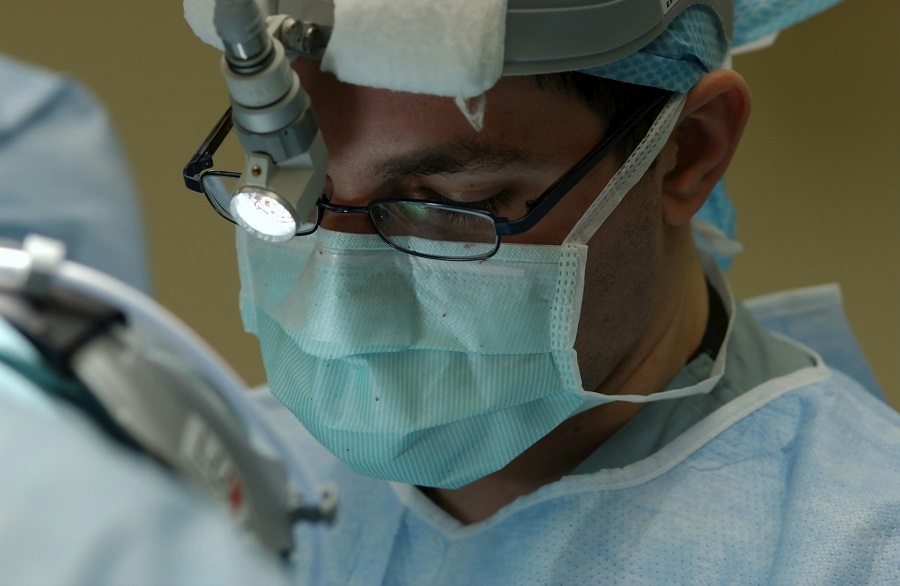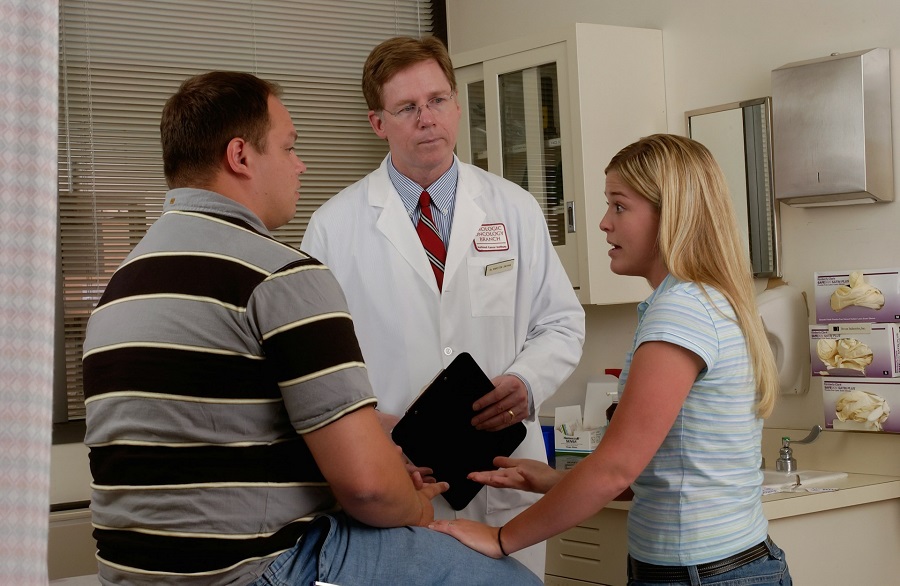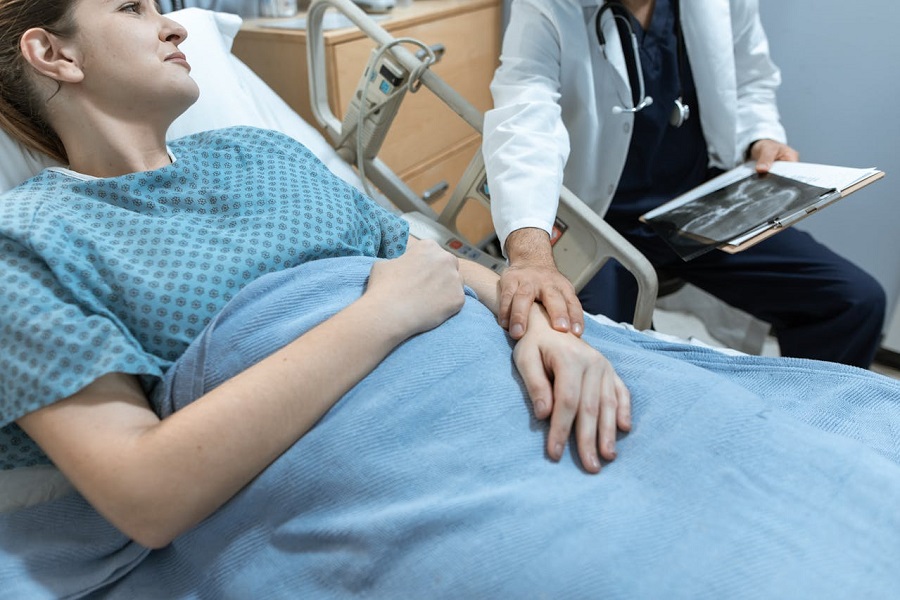Have you or a loved one suffered harm due to negligent medical treatment? Medical negligence and malpractice can have devastating consequences, leaving victims with physical injuries, emotional trauma, and financial burdens. If you suspect that a healthcare professional’s actions or inactions caused you harm, you may be entitled to compensation. However, navigating the legal landscape of medical negligence claims can be complex. That’s why it’s crucial to seek expert legal advice from experienced medical negligence solicitors.

In this comprehensive guide, we’ll explore the definitions, legal implications, and step-by-step process of making a successful medical negligence claim in the UK. Remember, time is of the essence, so don’t hesitate to take action and protect your rights.
What is medical negligence?
Medical negligence refers to a situation where a healthcare professional unintentionally fails to provide an acceptable standard of care, resulting in harm or injury to a patient. It is considered a form of personal injury and can lead to legal claims for compensation.
Common examples of medical negligence include:
- Premature discharge from hospital.
- Delay in treatment or referral to a specialist.
- Birth injuries, such as cerebral palsy or Erb’s palsy.
- Failure to obtain informed consent from the patient.
- Neglect or failure to provide adequate care or treatment.
- Prescription errors, including the wrong medication or dosage.
- Misdiagnosing a medical condition or failing to accurately diagnose a patient’s condition.
- Surgical errors, such as wrong-site surgery, nerve or organ damage, or leaving foreign objects inside the patient’s body.
If you have experienced similar injuries due to an accident, you may find valuable guidance in our article on Personal injury accident.
What is medical malpractice?
Medical malpractice is a specific type of negligence that involves intentional acts or omissions by healthcare professionals, where they knew or should have known that their actions or lack thereof could cause harm to the patient.
Common examples of medical malpractice include:
- Wilfully disregarding a patient’s medical history or known allergies.
- Performing procedures while under the influence of drugs or alcohol.
- Prescribing ineffective or inappropriate medications for financial gain.
- Knowingly ignoring or misinterpreting test results or patient symptoms.
- Deliberately deviating from established medical protocols or guidelines.
What are the key differences between medical negligence and medical malpractice?
The main differences between medical negligence and medical malpractice lie in the degree of intent behind the substandard care:
- Medical negligence covers all substandard care causing harm, regardless of intent.
- Medical malpractice involves the intentional acts or omissions by healthcare professionals that have the potential to cause harm.
While both medical negligence and malpractice involve substandard care and potential harm to the patient, malpractice is characterized by a higher degree of intentionality or recklessness on the part of the healthcare provider.
Who can make a medical negligence or malpractice claim?
Several parties may be eligible to make a medical negligence or malpractice claim, depending on the circumstances of the case:
- The patient: If a patient experiences harm or injury due to negligent medical care, they can file a claim against the responsible healthcare provider(s) or institution(s).
- Parents or guardians: Parents or legal guardians can bring a claim on behalf of minors or individuals lacking decision-making capacity.
- Family members or dependents: In cases of patient death resulting from medical negligence, the deceased’s spouse, civil partner, dependent children, or other financially dependent family members may be eligible to claim compensation.
What are the key steps in making a medical negligence or malpractice claim?
Making a medical negligence or malpractice claim involves several crucial steps:
- Seek medical attention: Seek medical attention if you or a loved one has suffered harm from suspected medical negligence or malpractice.
- Gather evidence: Preserve all relevant documentation, including medical records, test results, witness statements, and related documents concerning the negligent care or incident.
- Consult a medical negligence solicitor: Consult an experienced medical negligence solicitor to assess your case, provide advice on its merits, and guide you through the legal process.
- Obtain medical expert opinion: Your solicitor may engage an independent medical expert to assess the expected standard of care and determine if a breach has occurred.
- Send a letter of claim: Your solicitor will send a letter of claim to the healthcare provider or institution, detailing the allegations of negligence and the damages incurred.
- Negotiate settlement: If the defendant admits liability, your solicitor will negotiate a fair compensation settlement on your behalf.
What types of damages can be recovered in a medical negligence claim?
The recoverable damages in a medical negligence claim can include:
- General damages:
General damages are awarded to compensate the claimant for non-monetary losses suffered as a result of the medical negligence, including:
- Pain and suffering.
- Emotional distress and trauma.
- Loss of amenity (inability to enjoy life’s pleasures).
- Special damages:
Special damages are intended to compensate the claimant for quantifiable financial losses incurred due to the medical negligence, such as:
- Medical expenses (past and future).
- Loss of income (past and future earnings).
- Travel expenses related to medical treatment.
- Cost of care and assistance (e.g., nursing, home modifications).
- Future losses:
Future losses are a type of special damages that compensate the claimant for anticipated financial losses they will likely incur in the future as a result of the medical negligence, including:
- Ongoing care and assistance costs.
- Estimated future medical expenses.
- Projected loss of future earnings or earning potential.
Do I need a medical negligence lawyer?
Yes, you need a medical negligence lawyer for several reasons. They possess legal expertise, evaluate the merits of your claim, gather evidence effectively, negotiate skilfully, provide representation in court if needed, and work toward maximizing your compensation. Their knowledge of complex laws and regulations ensures proper handling of your case. With their guidance, you can navigate the legal process confidently and have the best chance of receiving fair compensation for the harm you have suffered.
For instance, in one case, a woman’s suspicious smear test findings were overlooked, which resulted in the tumour’s growth and grave repercussions. The attorney skillfully crafted a compelling case, computed damages with precision, and engaged in productive negotiations to win their client a sizeable settlement of £200,000. In light of her ongoing handicap, this included payment for general damages, past losses, and future loss of income.
Seek legal assistance for your medical negligence claim!
If you have experienced harm or injury due to medical negligence, it is highly recommended to consult a specialized medical negligence solicitor before pursuing compensation on your own. They can offer invaluable guidance on:
- Assessing the viability of your case based on your unique circumstances.
- Explaining the procedures involved and providing estimated timeframes.
- Predicting potential compensation amounts by considering all relevant losses.
Take advantage of our comprehensive solicitor listings and reviews. With expert support, your chances of achieving a fair settlement for the harm caused by medical negligence significantly increase. Reach out today for the justice you rightfully deserve.
FAQs
How long will my claim take? Medical negligence claims can vary in duration, ranging from months to years, depending on case complexity and trial involvement.
Is there a time limit for my medical negligence case? In the UK, medical negligence lawsuits typically have a three-year statute of limitations that runs from the date of the occurrence or the injury’s discovery.
Can I sue the NHS? Yes, it is possible to sue the NHS for medical negligence. The defendant is typically the NHS Trust or Health Board, and claims are managed by the NHS Litigation Authority (NHSLA). Compensation is paid from NHSLA funds, contributed by NHS organizations.
Can I sue if I’m not injured? No, you cannot sue for medical negligence if you have not suffered any actual injury or harm.
Am I entitled to legal aid? Legal aid for medical negligence claims is typically reserved for cases with significant injuries or disabilities, subject to strict eligibility criteria based on the claimant’s financial means and case merits.
Do I have to pay for my medical negligence claim? Many medical negligence solicitors offer a “no win, no fee” arrangement, where legal fees are only payable if the case is successful and compensation is recovered.
Key Takeaway:
- Medical negligence describes the inadvertent failure of healthcare providers to deliver a reasonable level of care, which causes harm or injury to a patient.
- Medical malpractice refers to a particular kind of negligence when healthcare workers intentionally do or do not take actions that may result in injury to patients.
- Medical malpractice and negligence can both result in injury or unfavourable consequences for the patient and give rise to legal claims for compensation.
- To establish a valid claim, the claimant must prove duty of care, breach of duty, causation, and damages, often with the help of expert medical testimony and evidence.
- Steps in making a claim include seeking medical attention, gathering evidence, consulting a solicitor, obtaining medical expert opinion, sending a letter of claim, and negotiating settlement or initiating court proceedings.
General damages (pain and suffering, mental anguish), particular damages (medical costs, lost income), and future losses are all recoverable in a medical negligence lawsuit.
Do you need a Lawyer?
Find Solicitors, Lawyers and Law Firms in the UK with Qredible
Find a Lawyer near me





